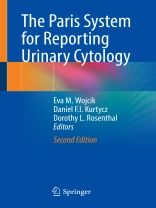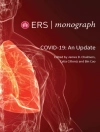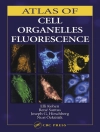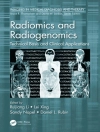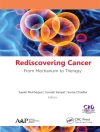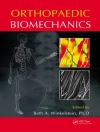The first edition of The Paris System for Reporting Urinary Cytology introduced a completely new paradigm for detecting bladder cancer by urine cytology. This system concentrated on defining morphological characteristics of the most clinically significant form of bladder cancer, High Grade Urothelial Carcinoma. This new approach has been widely accepted throughout the world, and has become part of the daily practice of cytology. Considering that the first edition of The Paris System (TPS) introduced a new model of urinary cytodiagnosis, verification and expansion of initial material and data were anticipated. Based on evolving knowledge and readership requests, the group of highly experienced authors have created a new edition of TPS. This second edition includes areas and issues not originally covered. A new chapter on urine cytology of the upper tract, a rarely addressed topic, has been introduced. Furthermore, the issue of cellular degeneration is discussed in the criteria of all diagnostic categories. Examples of standardized reports are included in each chapter. Most importantly, a separate chapter presents data defining the risk of malignancy (ROM) for each diagnostic category to inform clinical management. New high quality images augment those of the first edition to better illustrate diagnostic clues and potential pitfalls. In addition to chapters on diagnostic criteria, current concepts of pathogenesis of bladder cancer, specimen adequacy and preparation, and ancillary tests are covered in separate chapters. A bonus to the volume is a comprehensive history of urine as the earliest diagnostic sample of human disease, richly illustrated with artworks from major museums.
Written by internationally recognized authorities, this comprehensive and evidence-based guide to urine cytology is supported by the newest data confirming the original concept and significance of diagnostic criteria defining High Grade Urothelial Carcinoma. TPS is an essential tool for anyone who is practicing urinary cytology, including cytotechnologists, pathologists-in-training and practicing pathologists. This book should find a place in every cytology laboratory throughout the world.
The Concept has been endorsed by the American Society of Cytopathology, and the International Academy of Cytology.
Table des matières
Pathogenesis of Urothelial Carcinoma.- Adequacy of Urine Specimens (Adequacy).- Negative for High-Grade Urothelial Carcinoma (Negative).- Atypical Urothelial Cells (AUC).- Suspicious for High-Grade Urothelial Carcinoma (Suspicious).- High-Grade Urothelial Carcinoma (HGUC).- Low-Grade Urothelial Neoplasia (LGUN).- Cytology of the Upper Urinary Tract.- Other Malignancies Primary and Metastatic and Miscellaneous Lesions.- Ancillary Studies in Urinary Cytology.- Cytopreparatory Techniques.- Risk of Malignancy (ROM) and Clinical Management.
A propos de l’auteur
Eva M. Wojcik, M.D.
Chair of Pathology and Laboratory Medicine
Helen M. and Raymond M. Galvin Professor of Pathology & Urology
Regional Laboratory Medical Director, Loyola Medicine
Loyola University Medical Center
Department of Pathology and Laboratory Medicine
Maywood IL, USA
Daniel F. I. Kurtycz MD
Emeritus Professor,
Department of Pathology and Laboratory Medicine
University of Wisconsin School of Medicine and Public Health
Emeritus Medical Director,
Wisconsin State Laboratory of Hygiene
Madison, Wisconsin, USA,
Dorothy L. Rosenthal, MD
Professor Emerita of Pathology/Cytopathology
The Johns Hopkins School of Medicine
Baltimore MD, USA
